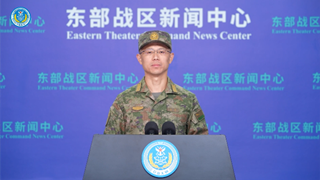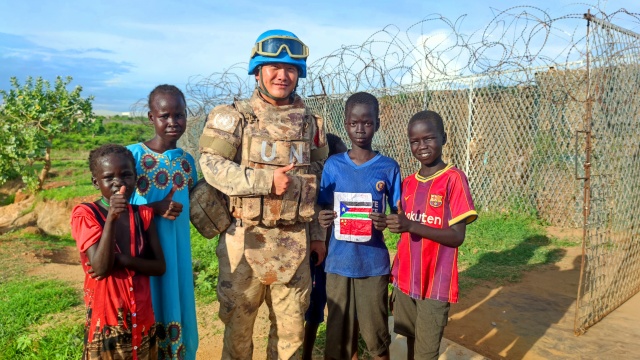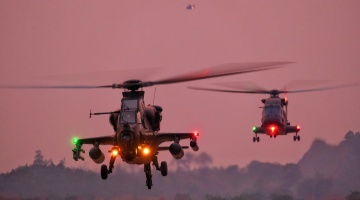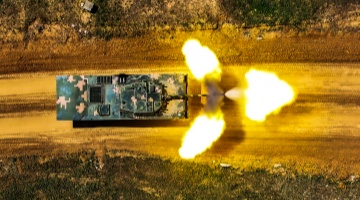By Dong Yifan
The EU Indo-Pacific Ministerial Forum 2023, held in Stockholm, Sweden on May 13, serves as an important move by the EU to expand its geopolitical influence in the Indo-Pacific region through multilateral and informal diplomatic means. Attended by ministerial-level officials from over 60 countries, the forum is nominally focused on so-called green and inclusive development, but actually represents another example of Western countries seeking new spheres of influence by ganging up in Asia.
This is the first forum of its kind since the Ukraine crisis broke out in 2022, which is employed by the EU as an important leverage to promote the Western-led international anti-Russian front and woo regional countries to converge with the West. Although the EU emphasized that it was not compulsory for Indo-Pacific countries to conform to the West over the Ukraine issue, when coming to security and regional stability topics in the meeting, overt or veiled criticism toward Russia carried a strong undercurrent of tension. The debate on a number of key geopolitical issues highlighted the great discrepancy in views between the two sides.
In fact, Asian countries and the EU have always taken opposing stances on the Ukraine crisis. The former hopes to resolve the crisis peacefully at an early date so as to create favorable conditions for economic development, instead of being forced by the West to take sides at the sacrifice of their own development opportunities and national interests. In contrast, under the guidance of the so-called political correctness, the latter regards the containment and weakening of Russia as the only way out and persistently intensifies and prolongs the crisis through continuous assistance to Ukraine. In tandem with the forum, Germany and other countries provided unprecedented amounts of military aid to Ukraine, including a large number of offensive weapons, which underscores the seriousness of the EU on exacerbating regional conflicts. The diplomatic inclination of the EU reflected by these moves has deeply unsettled the Asian participants. Hina Rabbani Khar, Pakistani Minister of State for Foreign Affairs stated that conflict is never the answer to solving problems and what people really need is to resume to their normal lives.
As to the development agenda, Asian countries are not willing to bind Asia-Europe cooperation to the geopolitical bloc tendency, still less to tie their destiny to the "chariot" of competition and confrontation triggered by the West. In recent years, based on an enhanced "Indo-Pacific strategy", the EU has strengthened engagement with Asia-Pacific economies to reap economic benefits, while taking the region as a major stage for projecting geopolitical influence and reinforcing bloc confrontation. Representatives of ASEAN countries at the meeting said that they have no intention to evolve into the frontline and battlefield of bloc confrontation, and extraterritorial countries should respect ASEAN's leading role in the regional agenda, rather than compelling regional countries to accept established rules.
As far as the EU is concerned, due to different views and diverged interests with Asian countries, it is difficult for the alliance to win more opportunities and space for pragmatic cooperation in this forum. After all, the Indo-Pacific strategy of the EU still looks at regional countries from the perspective of being a rule-maker and political leader itself. It imposes the geostrategic interest of its own upon others, which is unable to infuse real impetus into the development of regional countries.
When it comes to the supply chain of key minerals, the so-called "cooperation with partner countries" advocated by the EU is no more than propelling resource-rich countries to increase the export of cheap raw materials to it, so as to support its own high-profile industrial development. In the field of infrastructure construction, the EU is attempting to beat down competitors by pushing so-called high standards on environmental protection, transparency and other aspects through the Global Gateway program, in sharp contrast with its equivocation attitude toward actual investments in Asian countries. Therefore, the EU's inveiglement out of private interest is useless and helpless to regional countries. Only by positioning itself as an equal partner in promoting development can it become a positive contributor to the development of the Asia-Pacific.
(The author is from Institute of European Studies, China Institute of Contemporary International Relations)









